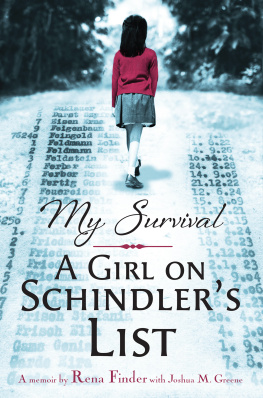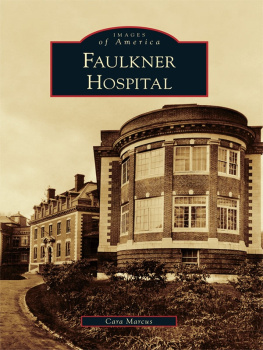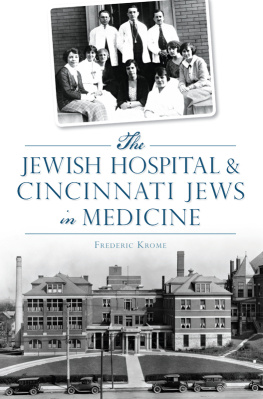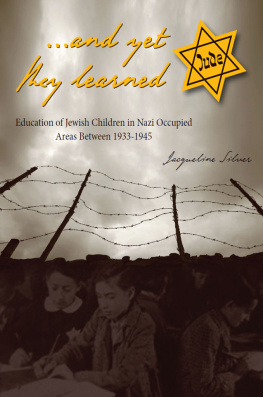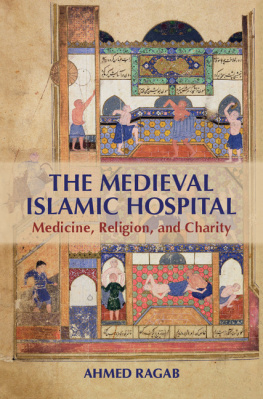The Story Behind the Story
I N AUGUST 1945, Ernie Mayerfeld, a nineteen-year-old GI stationed in Berlin, received a letter from his father in New York asking him to undertake a mission for a family friend.
Until 1938 the elder Mayerfeld had been a prosperous leather distributor in Frankfurt. Even as the Nazi persecution mounted in Germany, it had seemed inconceivable to Herr Mayerfeld that the familys comfortable life would be disrupted permanently. After all, the familys roots in Germany and Austria went back hundreds of years. (The residence of one ancestor, the Baron Eskeles, whose wife was a patroness of Mozart, today serves as the home of Viennas Jewish Museum.) And after the Nazis took power in 1933, he still could not foresee the worst. Had he not received a medal for his service at the front in World War I, accompanied by a letter of thanks signed by Der Fhrer himself? Not even the 1938 Kristallnacht pogrom, in which Herr Mayerfeld narrowly escaped arrest, had convinced him to emigrate. Only in the ensuing months when his suppliers would no longer sell him the merchandise needed for his business was he finally persuaded to flee.
And so, virtually at the last possible moment and aided by a large dose of good luck, the Mayerfelds escaped and eventually made their way to New York, where fourteen-year-old Ernst turned himself into Ernie, an American teenager. Five years later, after fighting in the Battle of the Bulge, he returned to the country of his birth as one of the occupying U.S. troops.
His fathers request was one of many that Ernie had received asking him to look for surviving relatives of German Jewish migrs in the United States. Frequently, the searches were unavailing. But in this case, Herr Mayerfelds friend was certain that his sister, Johanna Frank, had survived the war as a nurse in the Berlin Jewish Hospital. He sent a package of foodstuffs to be delivered to her.
And so one day Ernie made his way through the rubble and devastation of occupied Berlin to 2 Iranischestrasse in the Wedding district. There he found a spacious compound of seven buildings set in a large garden. Carved in stone over the main entrance on Iranischestrasse, in the pediment of the administration building, was the name Krankenhaus der Jdischen Gemeinde, or Hospital of the Jewish Community. Johanna Frank was indeed there, attending to her nursing duties.
The buildings were all still standing, Ernie remembered, although some of them had taken hits in the bombing. Inside, though, it was unbelievable. Doctors in white coats and nurses in clean, starched uniforms bustled through spotless corridors and rooms, attending to their patients.
It was as if the twelve years of Nazi horror had never happened. Astounded by what he found, Ernie asked Schwester Johanna and her coworkers how it was possible that this hospital, full of Jews, had made it through the Nazi period. All agreed that it was a miracle, but no one had a coherent explanation to offer.
More than half a century passed, filled with marriage, family, and a successful career as a CIA officer and later as a lawyer in the CIAs Office of General Counsel. From time to time Ernie thought about his strange experience at the Berlin Jewish Hospital and wondered about the story that lay behind it, but he had no time to make inquiries.
At a dinner party in the late 1970s or early 1980s, about the same time that Ernie and I became legal colleagues at the CIA and grew to be close friends, I met Klaus Zwilsky, a charming and ebullient man, then in his fifties, who spoke with a slight German accent. Over the years we continued to see each other. One night over dinner, the talk turned to how it must feel to live under the constant threat of bombing. I dont remember how the topic arose; probably we were talking about Beirut or one of the worlds other perennial hot spots.
Klaus listened for a while and then volunteered a comment, describing his own emotions as a child in Berlin in 1944 and 1945, cowering fearfully in the cellar while Allied bombers attacked the city.
But, Klaus, someone said. I dont understand. Youre Jewish; your parents were both 100 percent Jewish. How could you have been living in Berlin during the last years of the war?
My father worked at the Jewish hospital, Klaus explained, and we all lived there. He said a few more words about his experience of the Allied air raids, and the conversation moved on to other things.
In this way I too learned that a Jewish hospital in Berlin had remained open throughout the entire Nazi era and that Jewish doctors, nurses, administrators, and patients had survived there. The fact astonished me. I thought I knew a good deal about the Nazi persecution of German Jews. I had read widely on the subject of the Holocaust. I was aware that a handful of Jews had survived in Germany, some in hiding, some protected by marriage to non-Jews. But I also knewor thought I knewthat the Nazis had ruthlessly extirpated every trace of Jewish life in Germany. They had destroyed the synagogues, desecrated the cemeteries, dissolved the Jewish organizations, prohibited Jewish worship, driven two-thirds of Germanys Jews into exile, and then deported all but a handful of those who remainedthe lucky ones to the ghetto established in Theresienstadt in what had once been Czechoslovakia, and the rest to the death camps of Eastern Europe. How, then, was it possible that a Jewish hospital operating openly under the name Krankenhaus der Jdischen Gemeinde had continued to exist in Berlin throughout the war? How was it that Klaus and his parents, full Jews with no apparent form of protection, could have survived the war living in that hospital?
The question kept recurring through the next two decades of a life that, like Ernies, was too busy to permit further investigation. Klaus, who had been only a child during the war years, was reticent about his experiences and volunteered no further explanation. I could find nothing written on the subject in English-language sources. Years went by, years during which from time to time I would say to myself, Someday I need to find out about the Jewish hospital, and then move on to whatever preoccupation was more pressing.
Finally, the day came when circumstances made it possible for me to begin serious research on the Berlin Jewish Hospital during the wartime years. My immediate thought was to ask Ernie Mayerfeld if he would be interested in joining me.
Did you know that there was a Jewish hospital in Berlin that operated all the way through World War II? I asked.


